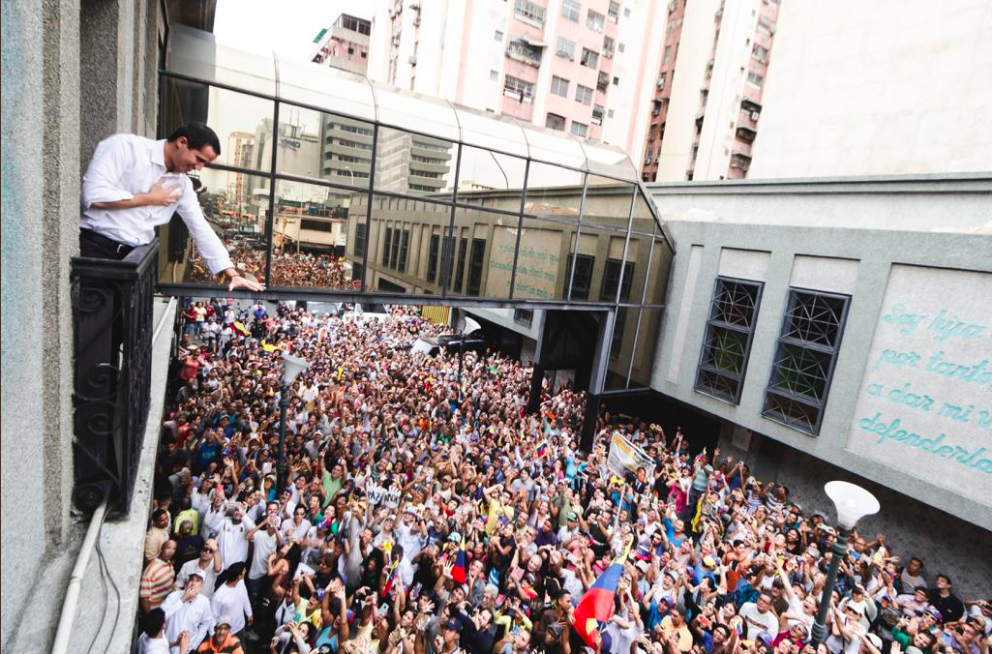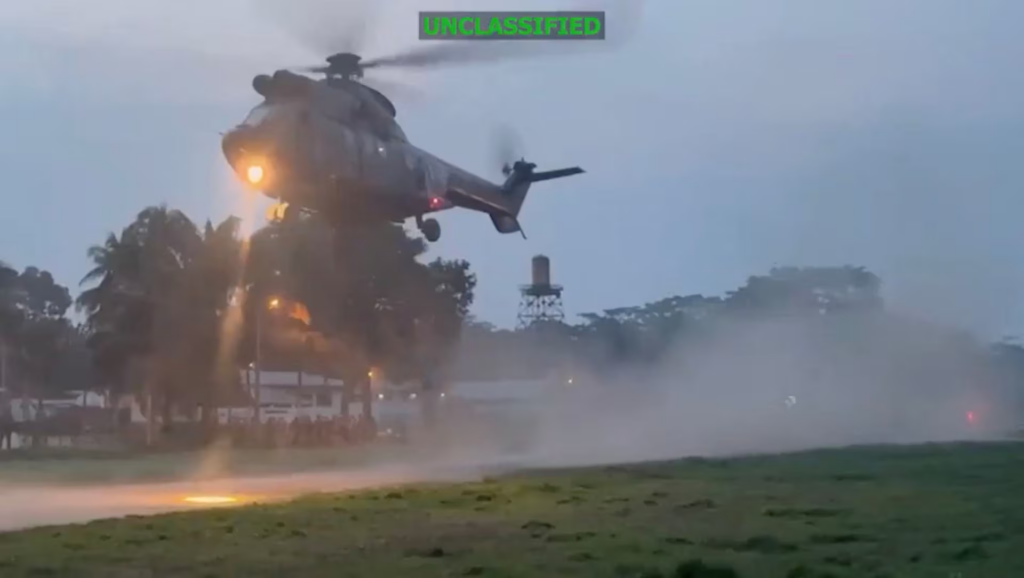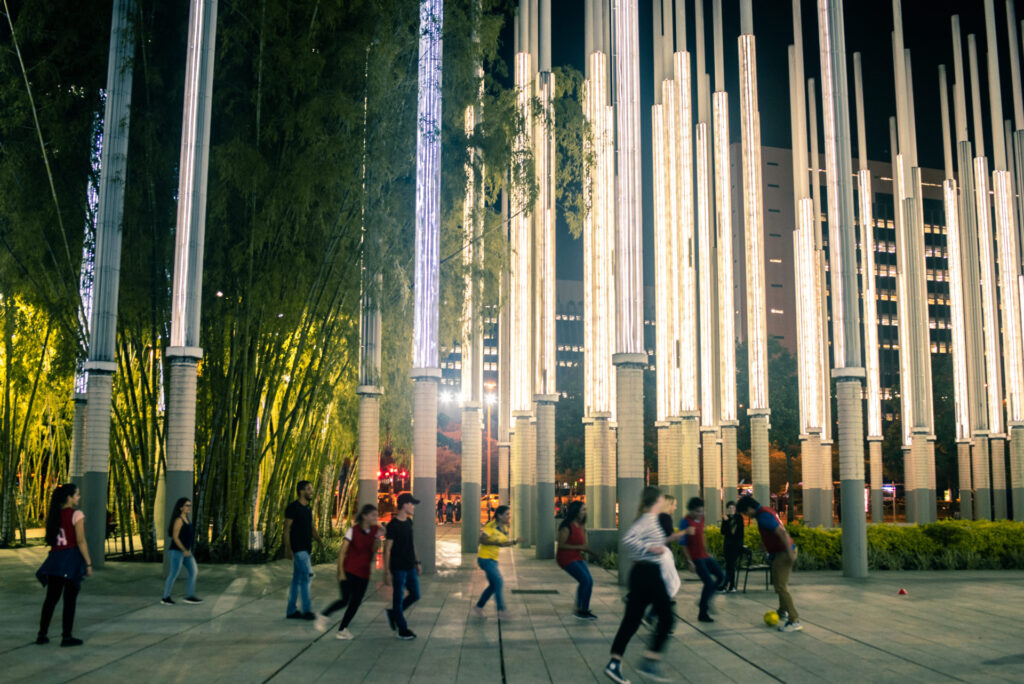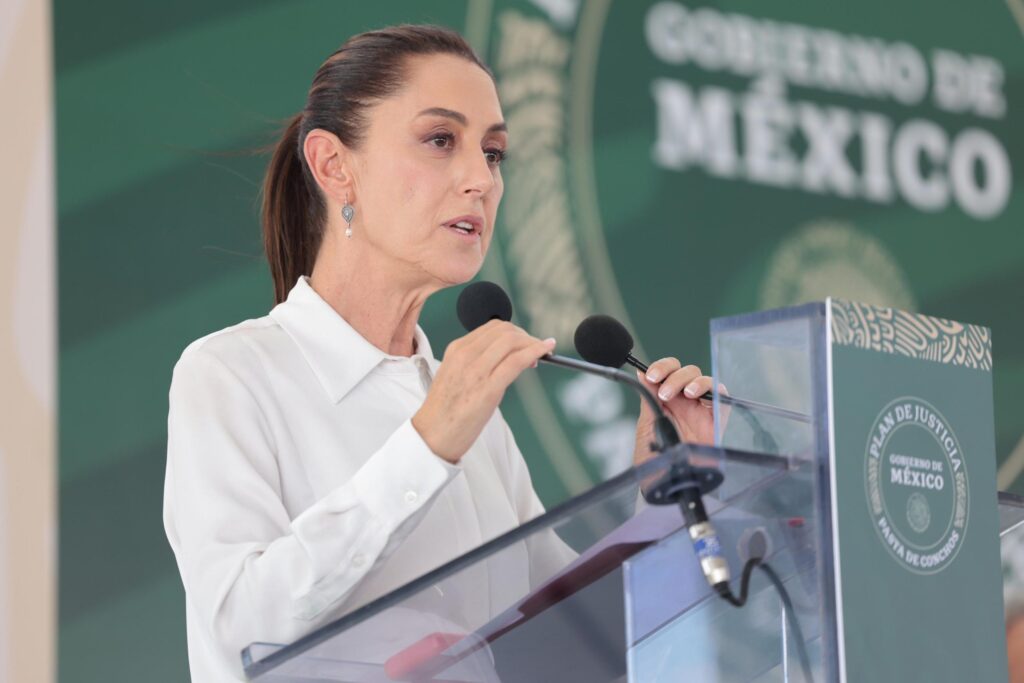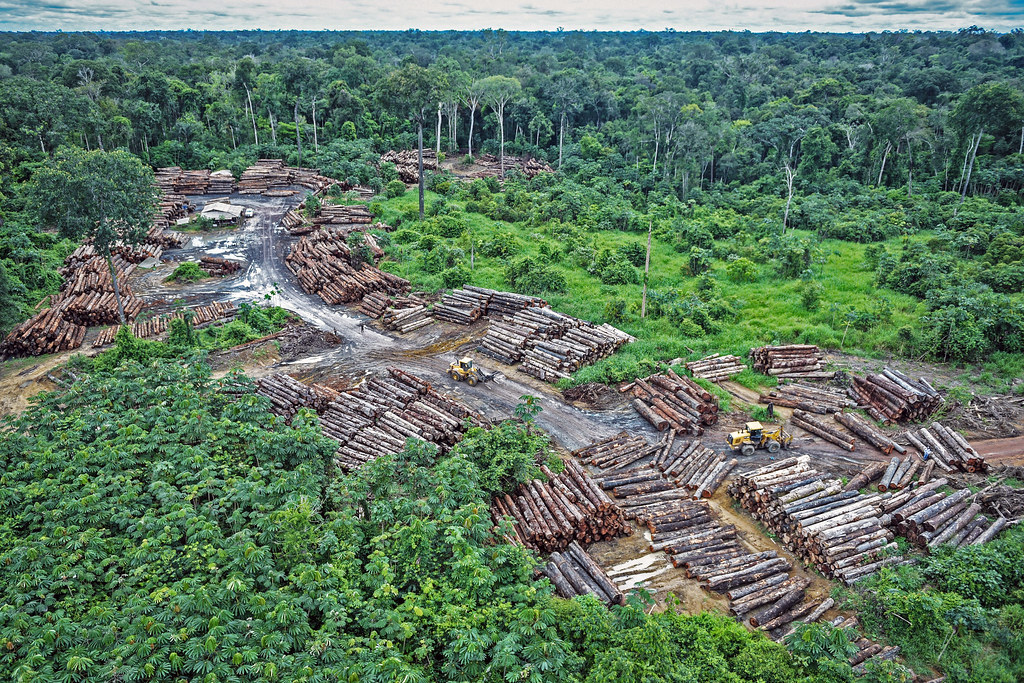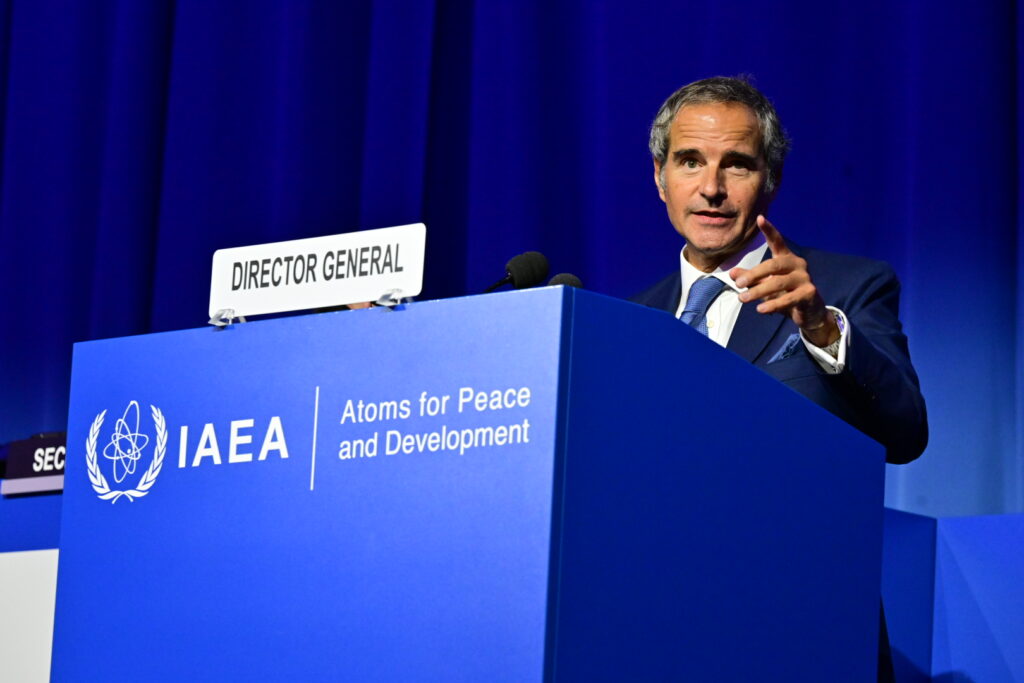Updated 4/30/2019:
Early in the morning of Tuesday, Abril 30, Juan Guaidó released a video on Twitter calling the Venezuelan people and armed forces to join him in an attempt to oust President Nicolás Maduro from power. At the time of writing, the tweet had received 41 thousand likes and 31 thousand retweets.
Since declaring himself Interim President of Venezuela on January 23, Juan Guaidó has selected the platform that has enabled him to conduct leadership: Twitter.
Not only does he use social media as a place to inform his 1.95 million followers about when and where protests against Maduro are going to take place, but also to encourage them to take part.
Despite over 50 Latin American countries recognizing him as interim president, Venezuela only partially recognizes his position. However, one of social media’s main advantages for Guaidó has been its ability to boost common perceptions of his authority.
We take a look at five examples of how Guaidó has made use of Twitter during his ongoing power struggle against Maduro, the man he refers to as a “dictator.”
- ‘#OperaciónLibertad’ (#OperationFreedom)
Guaidó’s longest-lasting hashtag began as a way to denounce the country’s electricity blackouts, but now is being used for his most recent attempt to mobilise a huge protest to topple Maduro. In the past he has also used it as an opportunity to condemn the persecution of political prisoners, namely his chief of staff Roberto Marrero, who was arrested by the SEBIN (government intelligence service) on March 21.
#VamosOperaciónLibertad https://t.co/qNAiQMUO2h
— Juan Guaidó (@jguaido) 27 March 2019
“Venezuelans cannot fall victim to despair again,” the leader of Venezuela’s Opposition Party told his supporters in a live broadcast, encouraging as many as possible to take to the streets in protest once again on March 30.
The hashtag has become emblematic of the Guaidó’s fight for presidency and is currently trending on Twitter.
- ‘#23FVzlaALaCalle’ (#23FVenezuelaToTheStreets)
One of Guaidó’s first efforts to oust Maduro involved a call for large-scale protests on February 23 to encourage Maduro to allow the entry of humanitarian aid (dubbed the #AvalanchaHumanitaria) into the country, after he blockaded its entry.
Despite the crowds that turned out to take part in the protests – which in some cases turned violent – the US-backed humanitarian aid did not succeed in making it past the Venezuelan border with Colombia.
Guaidó himself was not present to participate in the protests he had called for. Instead, he crossed the border into Colombia the day before, risking arrest to attend the ‘Venezuela Live’ concert hosted by British billionaire Richard Branson.
- #ALaCalleContraLaOscuridad (#ToTheStreetsAgainstDarkness)
A few days after his return home to Venezuela on March 7, widespread power cuts left 22 of the 23 Venezuelan states without electricity– the largest blackout in the country’s history.
Guaidó responded with #ALaCalleContraLaOscuridad (#ToTheStreetsAgainstDarkness), a hashtag calling for Venezuelans to protest against the “electricity crisis generated by a regime that has robbed investment funds for the National Electricity System,” he claimed.
Despite demonstrations, power shortages have continued intermittently, even spreading into Brazil, and just this week, another major apagón was announced.
- Propaganda-style videos
Venezolanos todos a sus puntos de concentración, seguiremos en las calles hasta conquistar la libertad.
En Caracas la victoria es en la Av. Victoria. #VamosTodos pic.twitter.com/PsXvmpKO49
— Juan Guaidó (@jguaido) 9 March 2019
Directly addressing the camera, Guaidó rallies his supporters in a campaign for freedom, saying “Venezuela, let’s take to the streets!”
This morning in his most recent video, his call to the Venezuelan people caused thousands of people to rush to La Carlota, a military base in the centre of Caracas, to show their support.
- #VamosBien (#We’reDoingWell)
Throughout the county’s particularly turbulent past few months, Guaidó has used the hashtag #VamosBien as a defining social media slogan and a means of keeping up morale.
“¡#VamosBien porque vamos con todo!”
“#We’reDoingWell because we’re giving it everything!”
¡#VamosBien porque vamos todos y vamos juntos!
“#We’reDoingWell because we’re all going for it and we’re doing it together!”
Despite the failed entry of humanitarian aid into Venezuela, despite the fact that Maduro remains in power, and despite the fact many are saying Guaidó doesn’t have enough military support to get Maduro out of office, he continues to reassure his followers that things will turn out the way he hopes.


